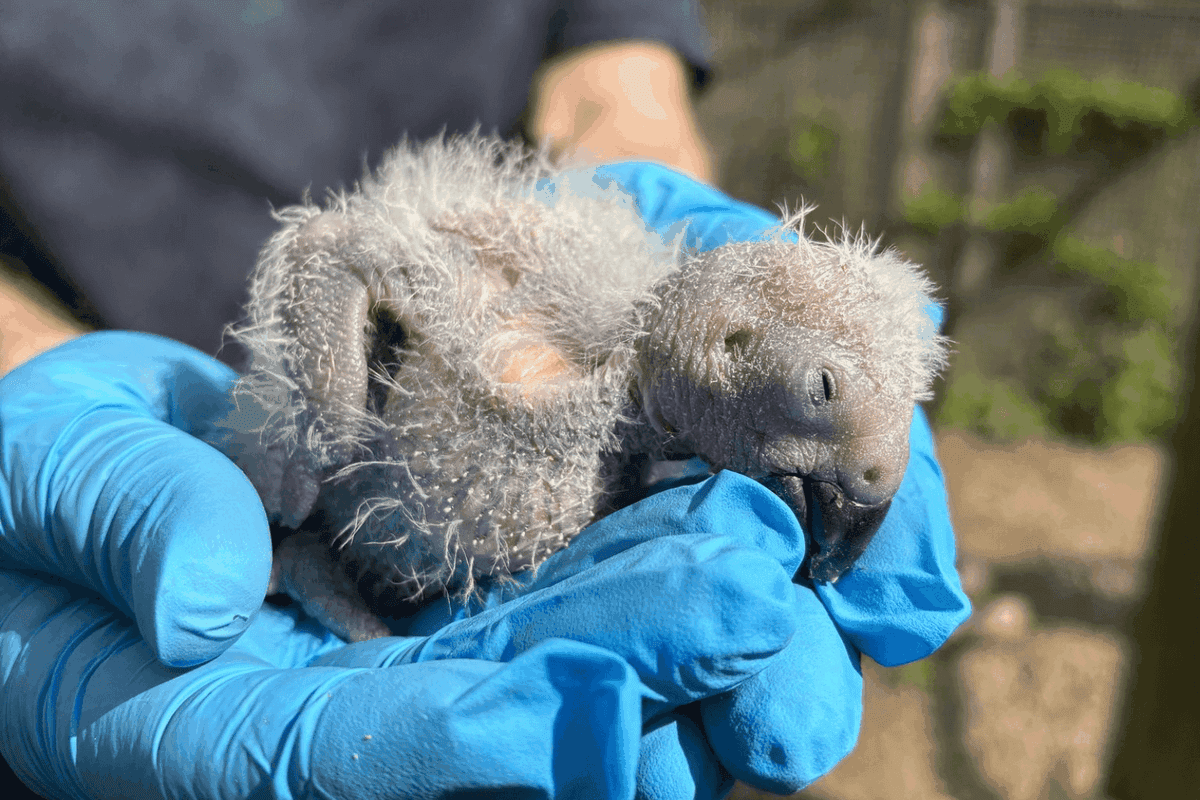
Animal behaviour and welfare
The Animal Behaviour and Welfare team oversees the welfare standards of all animals that Bristol Zoological Society works with, both within Bristol Zoo Project and in our field conservation programmes.
The team devises and implements improvements to zoo welfare standards at national and international levels. They also manage all Society research, along with animal ethics governance.
Our animal behaviour and welfare projects
Animal Welfare Assessment and Monitoring
We continuously monitor our animals’ wellbeing to ensure they have the highest welfare standards, utilising our expertise and industry-leading welfare assessment. Supporting this work are our Animal Observation Volunteers.

Key achievements
Developed a tailor-made animal welfare assessment method for each species
Conducted welfare assessments for all animals within BZS, and developed plans to further improve welfare where any opportunities have been identified
Recruited and trained a team of Animal Observation Volunteers, to collect high-quality behavioural data
International and National Zoo Welfare Advising and Training
As elected members of BIAZA and EAZA’s Animal Welfare Working Groups, we collaborate internationally to progress and implement best practice in animal welfare across Europe.

Key achievements
Co-authored BIAZA Animal Welfare Policy
Co-authored BIAZA Visitor-Animal-Experience Toolkit, setting the standards for how people interact with zoo animals
Reviewing BIAZA Animal Care Sheets and Guidelines
Led Animal Welfare Assessment workshops in Berlin and Valencia, for diverse European delegates
Research and Animal Ethics Management
We oversee all research carried out in association with BZS, from field conservation to enhancing animal husbandry in our captive collections. We ensure all research meets our high standards of animal ethics and welfare.

Key achievements
Approximately 50 research projects processed annually and reported to BIAZA
All projects involving interactions with humans or animals appropriately scrutinised using human and animal ethics pathways
Ensured that research projects are aligned with and progress BZS conservation aims
Wild Animal Welfare
Attempting to bring animal welfare science and conservation together by conducting research that evaluates the welfare experience of wild animals that we are working with.

Key achievements
Currently undertaking a Wild Animal Initiative-funded study on the welfare of captive and wild animals (white-clawed crayfish) before and after a reintroduction event
We will be trialling using our animal welfare assessment template on wild animals in our field sites, before and after conservation initiatives
Meet our animal behaviour and welfare team

Dr Sarah Richdon (she/her) – Head of Field Conservation and Higher Education
Sarah specialises in animal welfare assessment, focusing on behavioural, vocal and genetic indicators.
She is the programme lead for animal behaviour and welfare research for Bristol Zoological Society and works with BIAZA and EAZA to improve animal welfare standards and build assessment capability internationally.

Dr Alice Dancer (she/her) – Lecturer in Animal Welfare
Alice is an animal welfare scientist with extensive expertise in animal affective states, including behavioural and physiological indicators and improvement techniques, captive wild animal husbandry and welfare assessment, and robust, technology-enabled methods for collecting behavioural data in field conditions.

Dr Ricardo Lemos de Figueiredo (he/him) – Lecturer in Conservation Science
Ricardo specialises in assessing the behaviour of wild animals in captivity to inform ex-situ husbandry and improve welfare.
Additionally, Ricardo works on enabling and ensuring the retention of the wild-type behavioural repertoire in both short- and long-term breeding programmes.

Dr Mark James Learmonth (he/they) – Lecturer in Conservation Communications
Mark is an animal ethicist and animal welfare scientist who has expertise in human-animal interactions in zoos, and how these interactions might give rise to opportunities for positive affective engagement in zoo-housed animals.
He also writes about how these interactions can be construed ethically, and how promoting the best life for captive animals includes a large element of human interaction and engagement.
His PhD research focused on animal preferences for human interactions and affective state changes in zoo-housed non-avian reptiles, which are an understudied taxa in the scientific literature. During his PhD he was known as Tortoise Mark because of his focus on tortoises and reptiles.
Latest zoo conservation news

Three rescued endangered parrots hatch!
A trio of African grey parrots have hatched at Bristol Zoo Project after their parents were rescued from the illegal pet trade.

Praise for our animal welfare and conservation work
We're thrilled that Bristol Zoo Project has been recognised for its high standards of animal welfare, conservation, education and research.

Help us to save wildlife!
Our conservation team's amazing work wouldn't be possible without our visitors, members, donors and partners.
Find out how you can support our conservation charity and help Save Wildlife Together.

